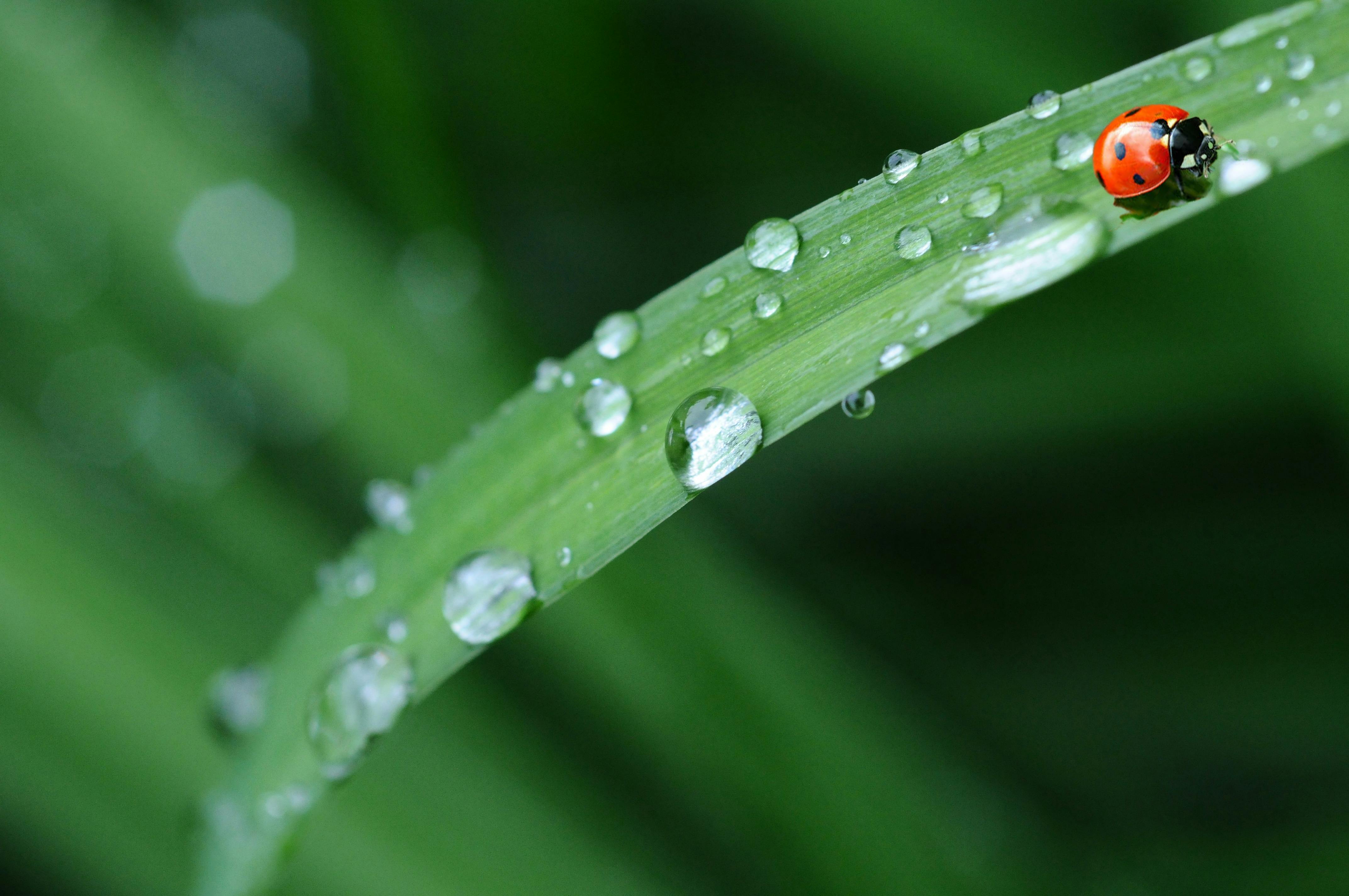No, spring and distilled water are not the same. Spring water is water that is sourced from underground aquifers and typically contains minerals such as calcium, magnesium and sodium. Distilled water is water that has been heated to the boiling point and then cooled to form pure steam, which is then condensed back into a liquid state. Distilled water does not contain any minerals or other contaminants.Spring water is a type of naturally occurring water that comes from an underground aquifer. It is typically collected from the source and purified to make it safe for drinking. Spring water is usually considered to be higher in quality than other types of drinking water due to its mineral content, which can provide health benefits.
Distilled Water
Distilled water is a type of purified water that has had both contaminants and minerals removed. It is produced by boiling water and then condensing the steam into a clean container, leaving impurities behind. Distillation is one of the most common methods of purifying water and is used in both industrial and household applications. Distilled water has many uses, from medical to industrial, but it is most commonly used as drinking water or in steam irons.
The main benefit of distilled water is that it does not contain any minerals or dissolved solids, which can cause scaling or other problems when used in certain applications. As well as being free from contaminants, distilled water also has a neutral pH level which makes it ideal for drinking. Distilled water is also free from bacteria and other microorganisms that can be found in untreated water sources.
Distilled water can be used for a variety of purposes including drinking, cooking, medical use, and more. In addition to being safe to drink, it can also be used for cleaning surfaces and appliances around the home. It is also often used as part of medical procedures such as dialysis or
Spring and Distilled Water
No, spring and distilled water are not the same. Spring water is generally sourced from underground springs and is often naturally filtered through layers of rocks and sediment, resulting in a clean, mineral-rich water. Distilled water, on the other hand, is processed through distillation to remove impurities. During the distillation process, steam is boiled from the water, leaving behind minerals and other impurities. The steam is then condensed back into liquid form for consumption. This means that distilled water has been stripped of all its natural minerals while spring water still contains some minerals.
Spring water is generally considered to be healthier than distilled water because it contains natural minerals that are beneficial for your health. The minerals found in spring water can help to regulate blood pressure and improve digestion by providing essential electrolytes like sodium and potassium. They can also provide trace elements like zinc which are necessary for proper metabolic processes in the body. Distilled water does not contain any of these minerals or electrolytes so it may not be as beneficial for your health as spring water.
When choosing between spring or distilled water it’s important to
Advantages of Spring Water
Spring water is one of the most popular types of drinking water, and there are several advantages to using it. Spring water has a naturally high mineral content, which can help replenish the body’s mineral stores. It also contains trace amounts of beneficial compounds such as magnesium, calcium, potassium, and sodium. This makes it more nutritious than other types of water. Spring water is also free from harmful chemicals like chlorine and fluoride, making it safer to drink than tap water. Finally, spring water is naturally filtered through layers of rock and soil which act as a natural filtration system, giving it a cleaner taste than tap or bottled water.
Overall, spring water offers many benefits over other types of drinking water. Its naturally high mineral content helps replenish the body’s minerals while its lack of chemicals make it safer to consume. It also has a cleaner taste due to its natural filtration process. For these reasons, spring water makes an ideal choice for anyone looking for a healthier option when it comes to drinking water.
Advantages of Spring Water
Spring water is one of the purest and healthiest forms of drinking water available. It is naturally filtered by the Earth, which removes many contaminants and chemicals. Spring water is also high in essential minerals such as calcium, magnesium, and sodium that are beneficial for human health. Additionally, spring water has a unique taste that many find more pleasant than other types of bottled or filtered water.
Disadvantages of Spring Water
Despite its health benefits, there are some drawbacks to drinking spring water. The most notable disadvantage is the cost; spring water can be expensive when compared to tap or filtered water. Additionally, spring water may contain trace amounts of pollutants which can be harmful if consumed in large quantities over time. Lastly, it can be difficult to find locally sourced spring water, so many people must resort to buying bottled versions which have a much larger environmental impact than tap or filtered options.

Advantages of Distilled Water
Distilled water has many advantages over regular tap water. It is free of harmful bacteria and other contaminants, making it a much safer and healthier choice for drinking, cooking, and other household uses. Additionally, distilled water does not contain any minerals or other particles that can cause scaling or corrosion in pipes, fixtures, and appliances. This makes it an ideal choice for use in steam irons and electric kettles. Finally, distilled water has a neutral pH level, which makes it gentler on the skin when used for bathing or washing.
The main advantage of distilled water is its purity. Since it is produced using a distillation process where the liquid is boiled to vaporize the contaminants and then condensed back to liquid form, all impurities are removed from the water leaving it free of dissolved solids such as salts and minerals. This also gives it a longer shelf life than regular tap water as there are no organic substances that can spoil or go bad over time. Distilled water also has a distinct taste that some prefer to regular tap water.
Another benefit of distilled water is its lack of minerals
Advantages of Distilled Water
Distilled water is considered to be the purest form of water. It is free from any kind of contaminants, such as bacteria, minerals, and other impurities. It also has a neutral pH level that makes it safe for drinking and other uses. Distilled water is also preferred for specific medical treatments and food preparations, as it is free from any kind of pollutants or contaminants. In addition to this, distilled water can also be used for industrial purposes, such as in cooling systems and laboratories.
Disadvantages of Distilled Water
One of the major drawbacks of distilled water is its lack of essential minerals that are present in natural sources. This makes it inadequate for long-term consumption without additional supplementation. Furthermore, distilled water does not contain any kind of natural taste due to its absence of minerals and other impurities. Also, because the process removes all kinds of contaminants from the water, it requires more energy to produce than regular tap water.
Purification Process for Spring and Distilled Water
The purification process for spring and distilled water is an important part of ensuring that these two types of water are safe to drink. Spring water is naturally sourced from an underground aquifer and is generally not treated with any chemicals. On the other hand, distilled water has been treated with chemicals, such as chlorine, to kill any harmful bacteria or viruses. Both types of water are then further purified through a variety of processes, including filtration, reverse osmosis, distillation, and ultraviolet light.
Filtration is a process that removes particles from the water by passing it through a filter material. This can be done using either a physical filter or a chemical filter. Physical filters work by removing suspended solids from the water while chemical filters use activated charcoal to remove dissolved substances. Reverse osmosis is another common filtration method that uses pressure to force the water through a semi-permeable membrane that removes more than 99% of dissolved solids from the water.
Distillation involves boiling the water and then condensing it back into liquid form as it

Conclusion
No, spring and distilled water are not the same. While both types of water are created through a process of purification, the key difference lies in how they’re made. Spring water is filtered naturally through rocks and soil while distilled water is created by boiling and condensing steam. Both types of water have their own unique benefits and drawbacks depending on individual needs.
In conclusion, it’s important to understand the difference between them and choose the best type of water that fits your needs. Whether it’s spring or distilled, make sure you’re getting the hydration you need for a healthy lifestyle.

